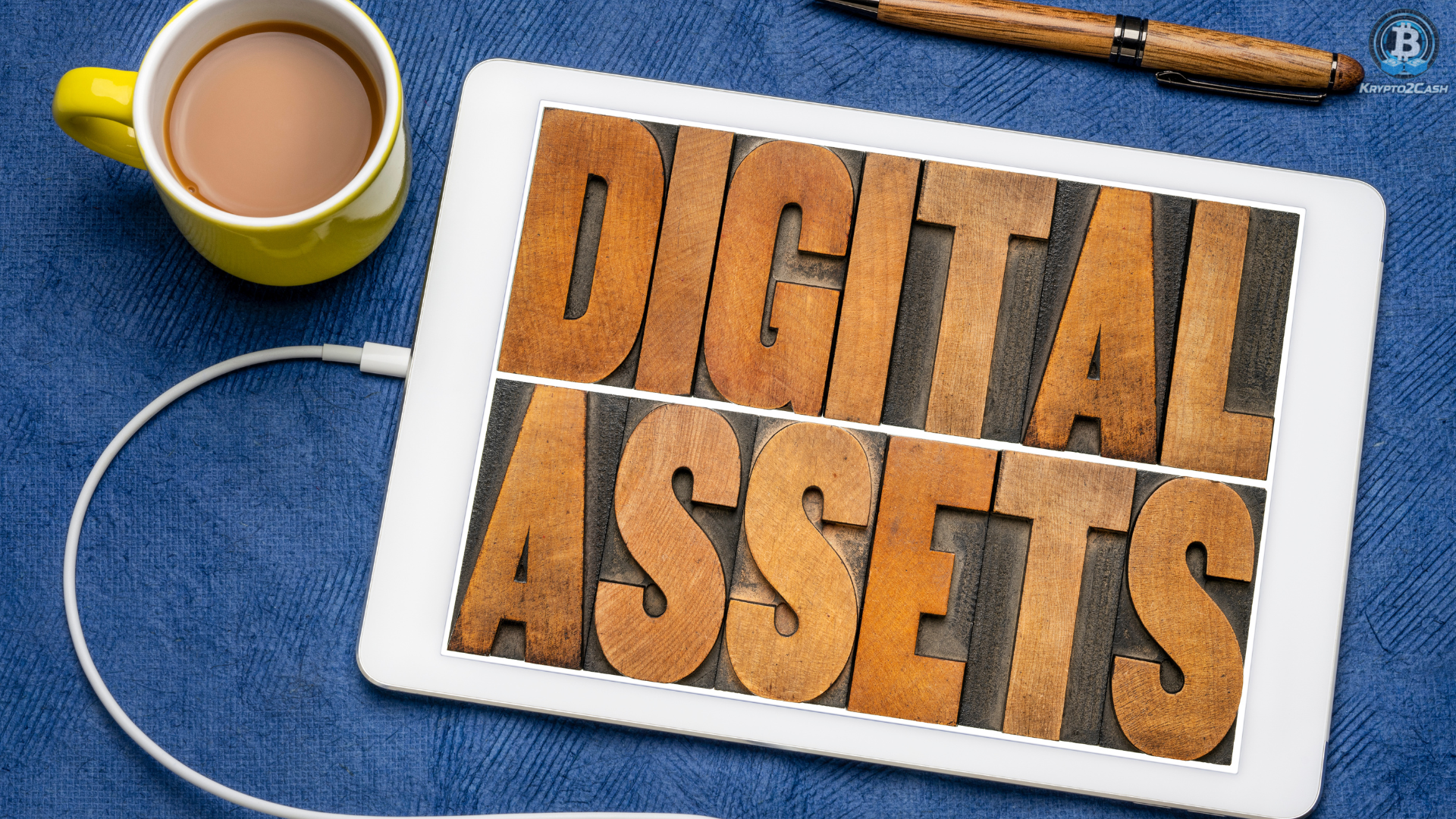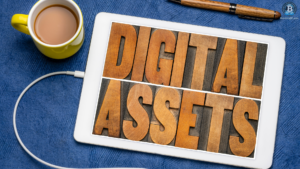Jump Section:
- Introduction
- Use a Safe Wallet
- Two-Factor Authentication (2FA)
- Avoid Phishing Scams
- Keep Private Keys Confidential
- Keep Your Software Updated
- Use Secure Internet Connections
- Diversify Your Investments
- Conduct Research and Select Reliable Sites
- Avoid Social Engineering Attacks
- Monitor Your Accounts Regularly
- Conclusion
Introduction:
As cryptocurrency continues to grow in popularity, so does the risk of cyber threats targeting traders and their digital assets. Unlike traditional financial systems, cryptocurrency transactions are irreversible and decentralized, meaning there’s no safety net if your assets are compromised. Therefore, implementing robust security measures is essential for every trader. In this article, we’ll discuss effective strategies to safeguard your digital assets and ensure a secure trading experience.
1. Use a Safe Wallet
The first thing in ensuring protection of your digital asset is to select the best wallet. Cryptocurrency wallets fall under two main types; they are hot and cold.
Hot Wallets:
- They are internet-accessible.
- It makes transactions so frequent.
- They tend to have more chances of getting hacked.
Cold Wallets:
- These are not connected to the internet, like a paper wallet or a hardware wallet.
- They provide more security over time.
Tips for Using Wallets Safely:
- Choose a cold wallet to store significant amounts of cryptocurrency.
- Use hot wallets only for small, daily transactions.
- Keep a backup of your wallet to ensure that you will be able to recover the funds if you lose the wallet or if it is damaged.
2. Two-Factor Authentication (2FA)
Two-factor authentication adds an extra layer of security to your accounts by requiring a second form of verification, such as a code sent to your phone or generated by an authentication app.
Why 2FA is Important:
- It protects against unauthorized access even if your password is compromised.
- It prevents phishing attacks by adding a second security checkpoint.
Pro Tip: Prefer authentication apps like Google Authenticator or Authy over SMS-based 2FA since it can be intercepted by an unauthorized person.
3. Avoid Phishing Scams
Phishing scams are perhaps the most common type of threat to cryptocurrency traders. The scammer would usually create a fake website, email, or message, attempting to fool you into disclosing your login credentials or private keys.
How to Avoid Phishing Scams:
- Double-check the URL of the website you are visiting.
- Never click on emails or text messages that look even slightly spammy.
- Some exchanges can enable anti-phishing methods, which alert you that the website you’re using for entering your login details may not be real.
4. Keep Private Keys Confidential
Your private key holds the most essential access you have to cryptocurrency: full control over your assets. If someone gets their hands on the private key, that someone can control everything within a wallet.
Best Practices About Managing Private Keys:
- Never give anyone your private keys.
- Keep private keys safe: hardware wallet or encrypted storage device.
- Consider splitting the private key into parts and storing them in different safe locations.
5. Keep Your Software Updated
Often, outdated software has vulnerabilities that hackers discover and exploit. In this regard, it includes your wallet software, trading platform apps, and even the operating system on your device.
Why Updates Matter:
- Updates are often bundled with security patches for newly discovered vulnerabilities.
- The latest blockchain networks and protocols will be compatible with updated software.
Pro Tip: Where possible, turn on automatic updates to ensure continuous protection without having to take action.
6. Use Secure Internet Connections
Trading cryptocurrencies over public Wi-Fi puts you at the risk of man-in-the-middle attacks where hackers intercept your data.
How to Stay Secure Online:
- Use a Virtual Private Network (VPN) to encrypt your internet connection and mask your online activities.
- Do not access your wallet or trading account on public Wi-Fi networks.
- Secure your home Wi-Fi with a strong password and WPA3 encryption.
7. Diversify Your Investments
Diversification is a financial strategy, but it also has security benefits. All of your assets in one wallet or platform increases the risk of losing everything in a single attack.
Why Diversification Matters:
- Makes the blow of a breach lower if one account or wallet is compromised.
- Spreads your risk across several platforms and storage methods.
Pro Tip: Use multiple wallets and exchanges to diversify your holdings.
8. Conduct Research and Select Reliable Sites
The cryptocurrency market is full of exchanges and trading platforms, but it’s not like all the exchanges and trading platforms do prioritize security. Choosing the right platform will significantly lower your chances of falling victim to fraud or hacking.
What to Look for in a Secure Platform:
- Strong authentication processes for users, including 2FA.
- Track record of keeping user funds safe.
- Insurance coverage for stored assets, if applicable.
Pro Tip: Read reviews and check for any history of security breaches before choosing a platform.
9. Avoid Social Engineering Attacks
Social engineering attacks refer to tricking people into revealing sensitive information through manipulation or deception. Most attacks are in the form of impersonations or fake support inquiries.
How to Protect Yourself:
- Never share your passwords, private keys, or personal information with anyone claiming to be customer support.
- Verify the authenticity of requests by contacting the company directly through official channels.
- Be wary of unsolicited messages or phone calls seeking sensitive information.
10. Monitor Your Accounts Regularly
Keeping an eye on your accounts and transactions will help you detect and respond to suspicious activity in no time.
Why Monitoring is Important:
- It helps identify unauthorized transactions before major damage is done.
- It keeps you abreast of the status of your assets.
Pro Tip: Set up alerts for all account activities to get notified of any changes or transactions immediately.
Conclusion
Securing your digital assets is an ongoing process that requires vigilance and proactive measures. With these security tips, you can significantly reduce the risk of losing your cryptocurrency to theft or scams. Whether you are a beginner or an experienced trader, protection of investments should always be at the top of the list.
Platforms such as Krypto2Cash further heighten security as they ensure in-person transactions and provide no KYC verification, and hence, one can guarantee a safe, private experience in trading.





